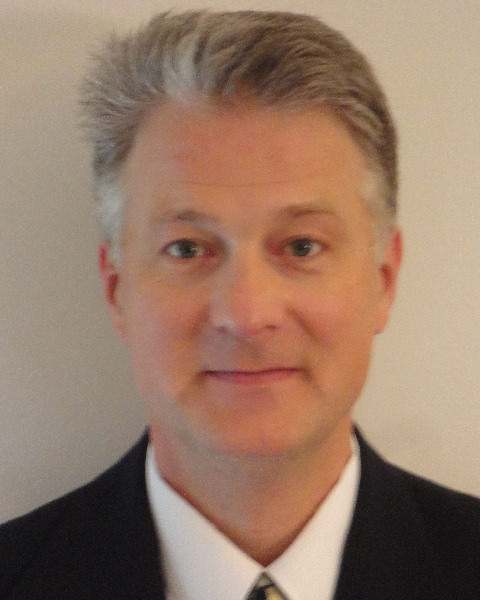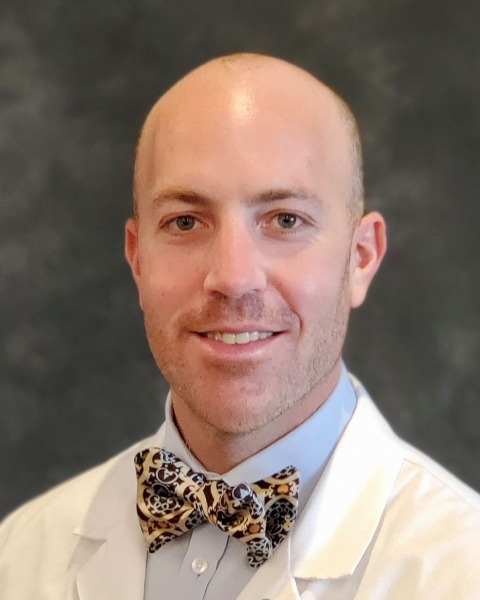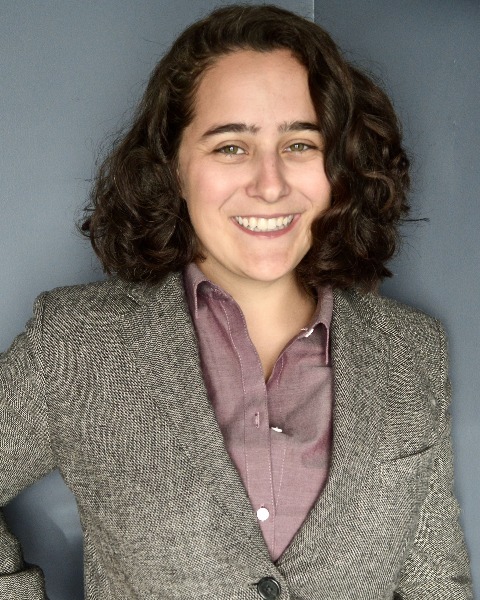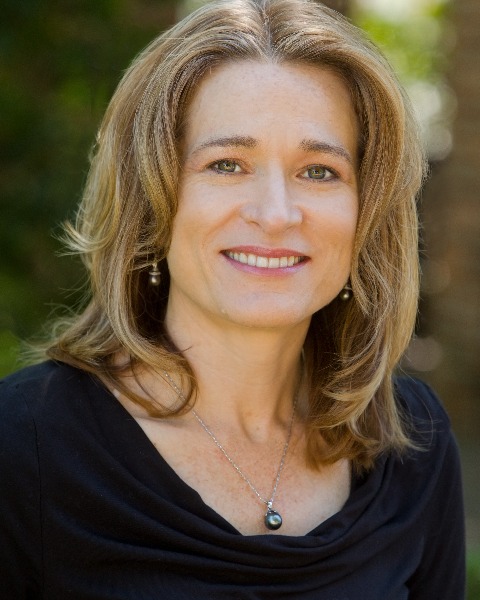Health Sciences
The 4 S's of Geriatrics Education: Stigma, Speed, Stealth, and Sources
-
AC
Alissa Cooney, D.O. (she/her/hers)
Physician
Division of Geriatrics, Gerontology, and Palliative Medicine
UT Health San Antonio
San Antonio, Texas, United States -
ED
Edmund Duthie, MD, AGSF, FACP
Professor of Medicine (Geriatric and Palliative Medicine)
Medicine (Geriatric and Palliative Medicine)
Medical College of Wisconsin
Milwaukee, Wisconsin, United States -

John Schumacher, PhD, FGSA (he/him/his)
Professor and Director, Public Health Research Center, CAHSS
Sociology, Anthropology, and Public Health
University of Maryland, Batlimore County (UMBC)
University of Maryland, Batlimore County, Maryland, United States -

Evan Henricks, MD (he/him/his)
Assistant Professor
Internal Medicine, Division of Geriatric and Palliative Medicine
Medical College of Wisconsin
Milwaukee, Wisconsin, United States -

Christina Cauble, MBA, LNHA, HSE (she/her/hers)
Geriatric Education Specialist, Adjunct Faculty, PhD student
Family Medicine
University of Minnesota Medical School
Minneapolis, Minnesota, United States -

Gina Tucker-Roghi, OTD, OTR/L, BCG (she/her/hers)
Associate Professor
Occupational Therapy
Dominican University of California
San Rafael, California, United States
Chair(s)
Discussant(s)
Individual Symposium Abstract First Author(s)
This symposium covers a conceptual framework developed by the Geriatrics Education Interest Group. The framework includes the 4 Ss of geriatrics education: Stigma, Speed, Stealth, and Sources. Geriatrics Educators have long needed the fortitude factor to face adversity in finding a place for geriatrics education in many curricula. Sharing the experience of geriatrics leaders who have demonstrated fortitude in their approach to geriatrics education fighting against stigma, getting creative with speed, seeking out stealthy opportunities, and leveraging sources, to improve geriatric education for all learners. The first S, Stigma, addresses the persistent ageist attitudes and behaviors found across healthcare by promoting geriatric education anchored in a "patient-centered care" approach addressing the specific, individual-based, concrete, patient care needs. The second S, Speed, explores micro learning in the context of geriatrics education to increase efficiency of learning and retention of knowledge. Multiple web-based platforms for geriatrics micro learning will be discussed including implementation of Geriatrics Fast Facts, a point-of-care micro learning resource. The third S, Stealth, shares how to reframe integration of geriatric principles specifically for non-geriatrics specialties. This segment will dive into case-based perspectives on stealthily integrating basic geriatric principles into learning environments not focused on geriatrics care. The fourth S, Sources, discusses how to leverage sources to enhance geriatric education. This section will explore the experience of geriatricians and inter professional geriatric specialists who have successfully leveraged their knowledge and resources and their institutions and local communities to benefit geriatric education.
Geriatric Education Interest Group Sponsored Symposium
Learning Objectives:
- Identify forms of stigma against older adults and geriatrics and ways to overcome it, as well as stealthy strategies to reframe the incorporation of geriatric principles and practices into curricula.
- Understand some sources of geriatric microlearning and how to implement it for a wide range of learners.
- Identify actionable steps to identify and leverage knowledge and resources in geriatrics at your local institution and community, as well as at regional and national levels.
Presentations:
-
4:30 PM - 6:00 PM PSTStigma and Ageism in the Geriatric Education Context: Using Patient-Centered Care Approaches
Individual Symposium Abstract First Author: John Schumacher, PhD, FGSA (he/him/his) – University of Maryland, Batlimore County (UMBC)
-
4:30 PM - 6:00 PM PSTSpeed in Geriatrics Education: Identifying and Implementing Microlearning to Increase Efficiency and Retention
Individual Symposium Abstract First Author: Evan Henricks, MD (he/him/his) – Medical College of Wisconsin
-
4:30 PM - 6:00 PM PSTReframing Integration of Geriatrics Principles: A Stealth Approach
Individual Symposium Abstract First Author: Christina Cauble, MBA, LNHA, HSE (she/her/hers) – University of Minnesota Medical School
-
4:30 PM - 6:00 PM PSTLeveraging Sources to Enhance Interprofessional Geriatric Education
Individual Symposium Abstract First Author: Gina C. Tucker-Roghi, OTD, OTR/L, BCG (she/her/hers) – Dominican University of California
